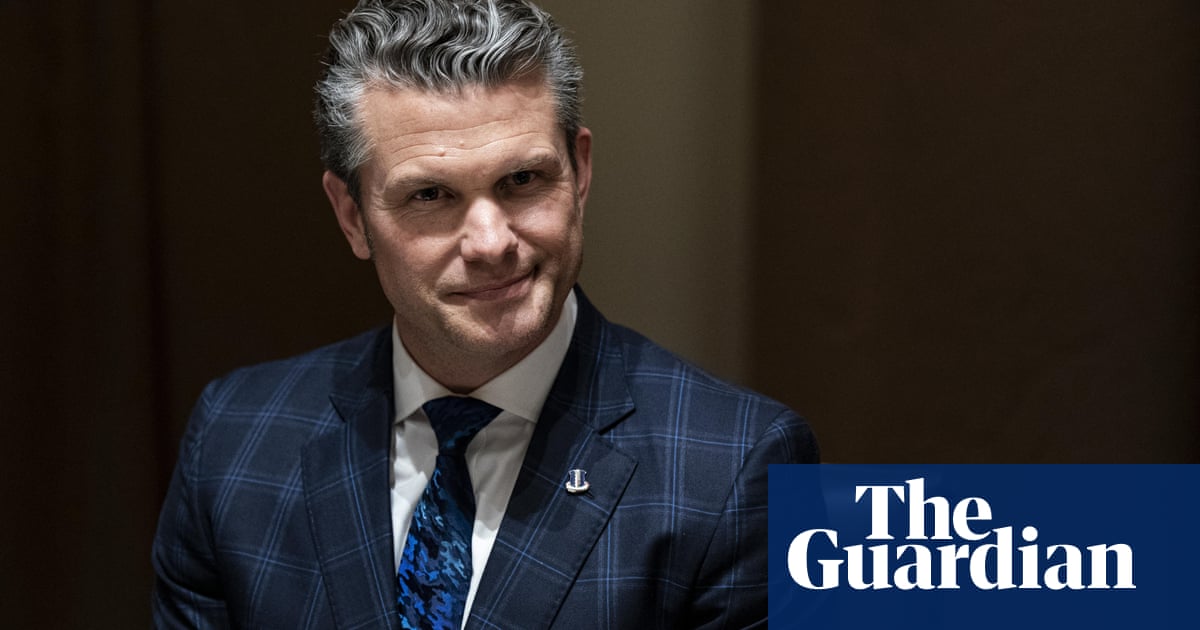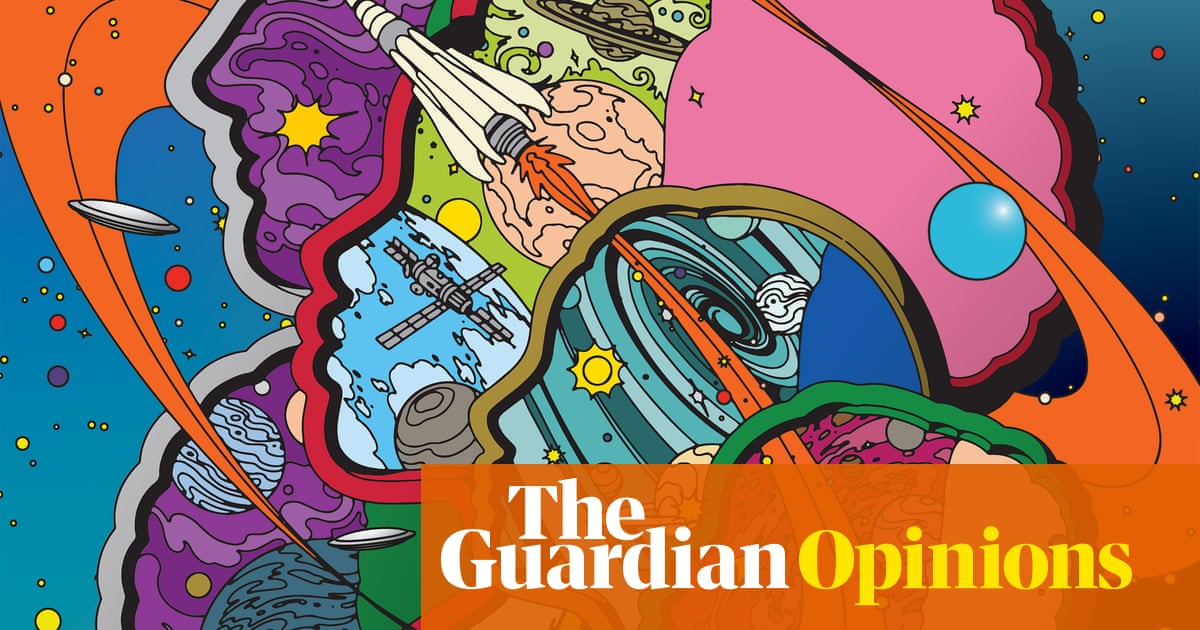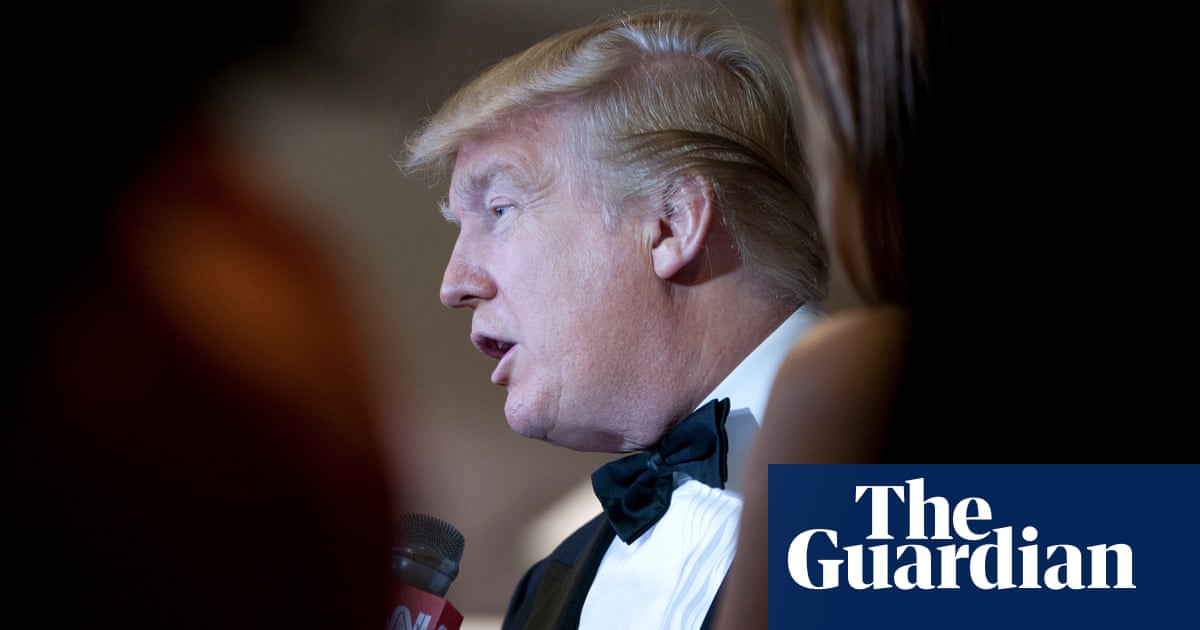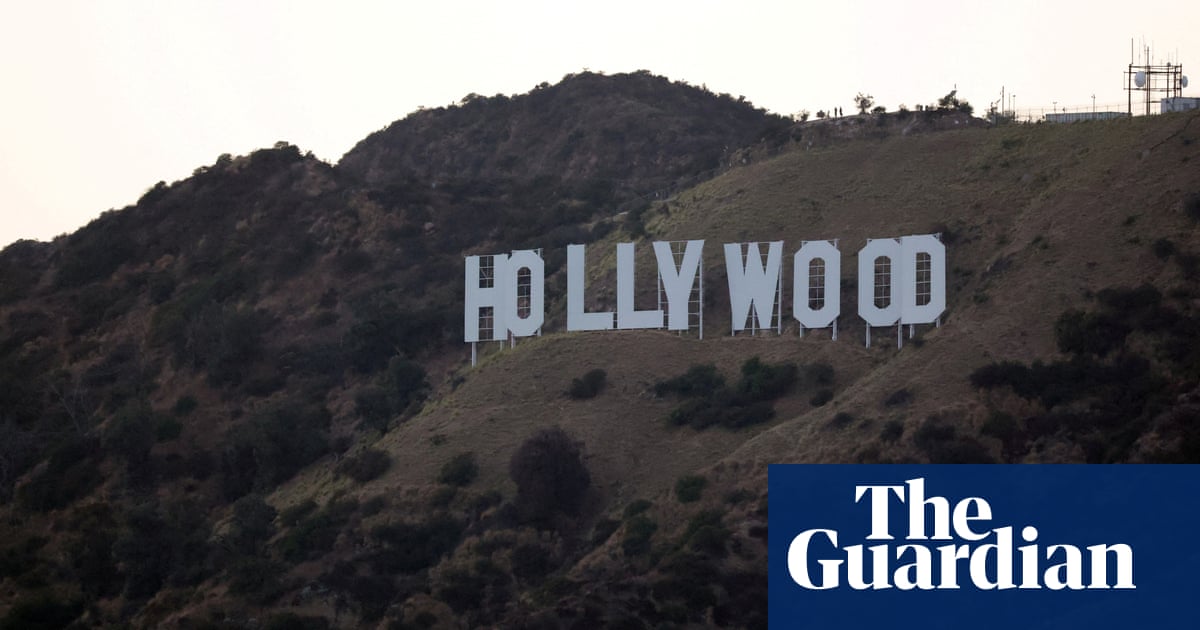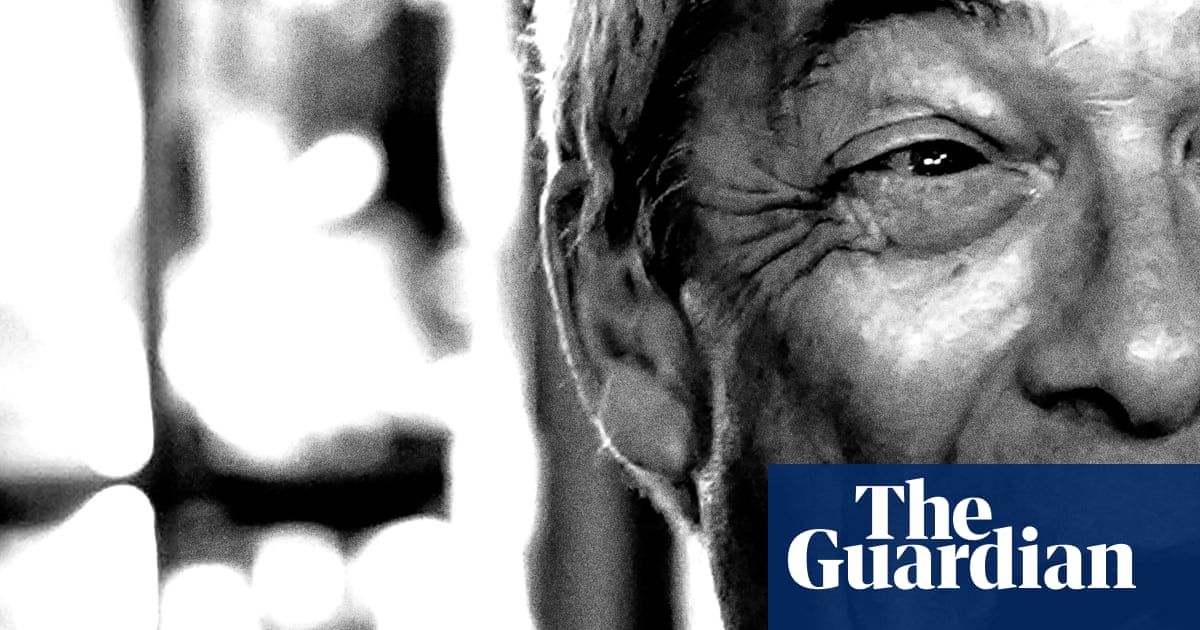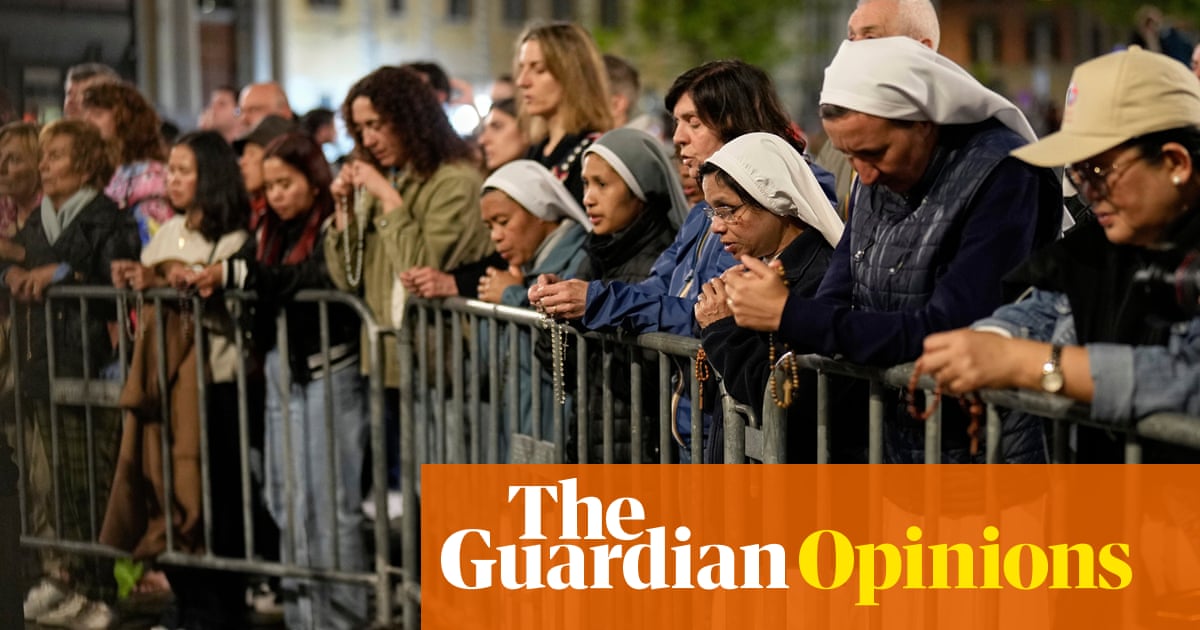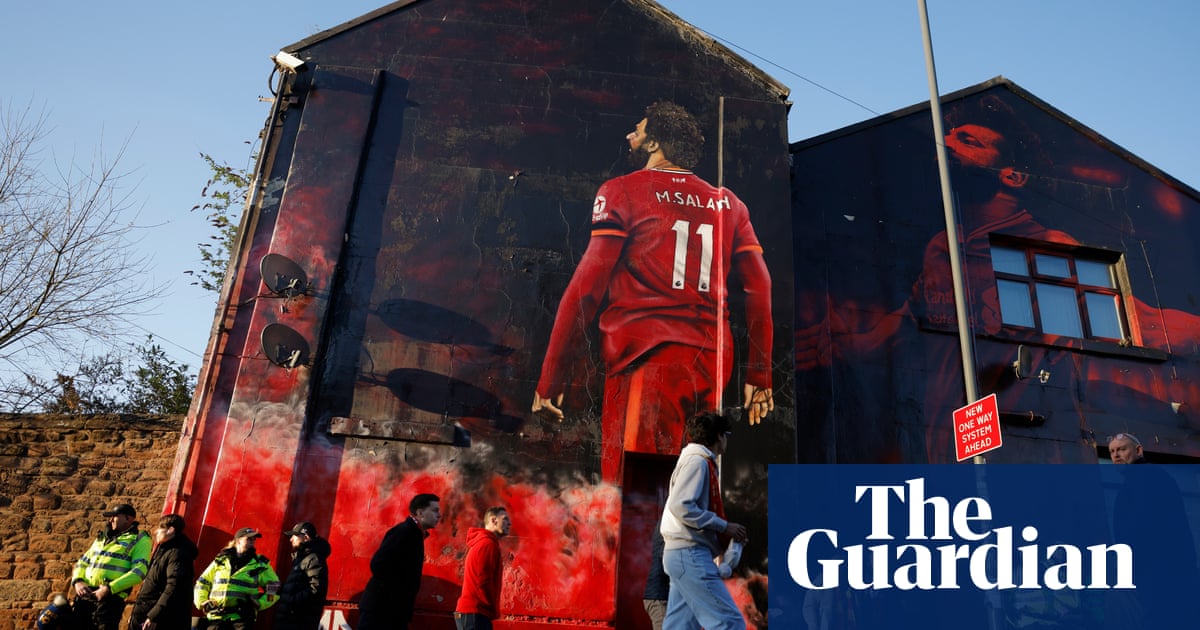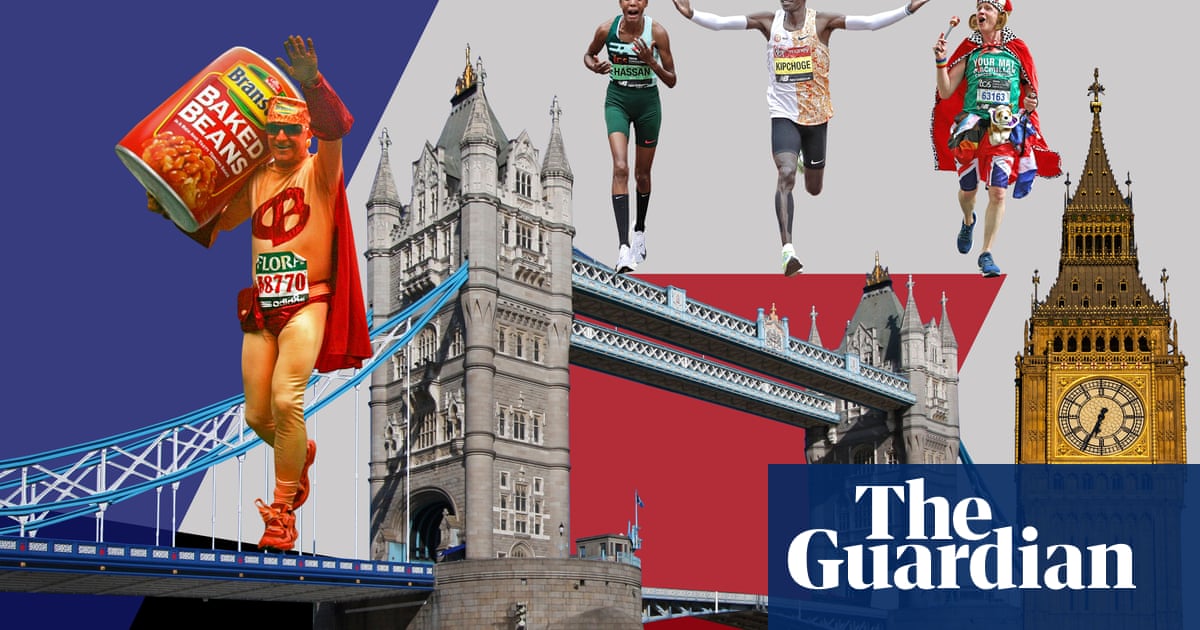Morning opening: Scholz travels to Paris for Macron meeting
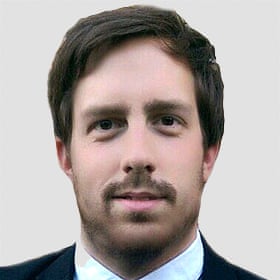
Jakub Krupa
Guten tag, bonjour, and good morning. It’s Wednesday, 22 January 2025.
German chancellor Olaf Scholz is travelling to Paris this morning to meet French president Emmanuel Macron in what would once be seen as the absolute power meeting at the top of European politics.
This time, it is different – to the point that the German weekly Der Spiegel called it a meeting of two lame ducks.
As Scholz struggles to get his message across and trails in the polls ahead of next month’s parliamentary elections and Macron struggles to deal with a near-permanent political crisis domestically, the celebrations of the 62nd anniversary of the Élysée Treaty are likely to be somewhat muted.
Still there is plenty to talk about: how to best deal with the small matter of Donald Trump, the war in Ukraine, and all sorts of questions about Europe’s position and competitiveness in a dynamically changing world.
What makes things worse, though, is that the two do not seem to particularly get along personally. And they are not alone in this.
A representative poll of 1203 French adults, published last week, shows that for the first time, a narrow majority of the French—51%—actually do not like Germany that much, even if they think Franco-German relations are generally good.
Two-thirds say they do not know Germany particularly well. When asked about their leading associations with the country, they point to the importance of work, the country’s economic power, and, erm, budgetary discipline, all mentioned by over 80% of respondents. Not particularly inspiring.
In a particularly stinging (and, frankly, quite hilarious given the German Embassy in France commissioned the poll) response, the French said that it is all good and well that Germans have a great education system, a strong economy, and inspiring culture, noting the importance of the Franco-German Arte TV channel, but it is... the German language that they see as a particular liability (67%).
Politically, you can see how much has changed over the last few years: in 2020, 53% cited France and Germany as the joint leading force for European integration. Four years later, it was a mere 18%. Ouch.
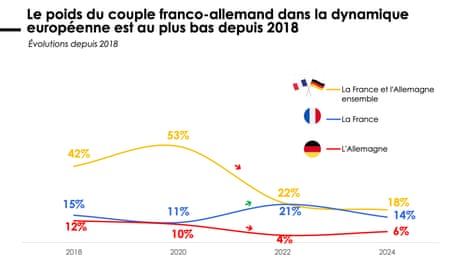
But some took the results in good stride. In its morning newsletter, the German business daily Handelsblatt spotted that 40% of the French also associated Germans with arrogance.
“Coming from them, it’s surely a compliment?” it quipped.
Welcome to our live coverage of European politics. It’s Jakub Krupa here.
If you have any comments or suggestions, email me at [email protected]. I am also on Bluesky at @jakubkrupa.bsky.social and on X at @jakubkrupa.
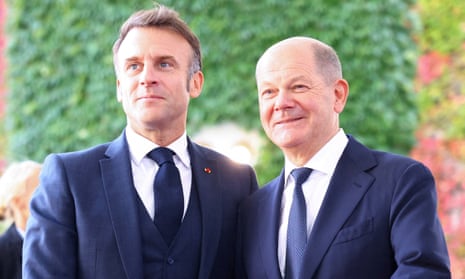
Key events Show key events only Please turn on JavaScript to use this feature
Jeroen Lenaers spoils the fun, immediately name-checking “He-Who-Must-Not-Be-Named” Donald Trump in his response to von der Leyen’s statement.
The Dutch vice-chair of the centre-right European People’s Party, the largest group in the parliament representing conservative-leaning parties, said that the new geopolitical situation under Trump should serve as “another wake up call that now, more than ever, we need to ensure our own strategic independence.”
With the inauguration of President Trump, we have also entered a new phase of geopolitics. Yes, the US remains an important partner and ally, but it is clear that under the new administration, Europe is also a target.
'Change coming in global politics,' EU's von der Leyen warns

European Commission president Ursula von der Leyen has been speaking in the European Parliament in the last few minutes, with some new comments warning about “the change coming in global politics.”
We’re only three weeks into 2025, and but a glimpse is already there of a change that is coming to global politics. We have entered a new era of harsh geostrategic competition. …
The rules of engagement are changing. Some in Europe may not like this new reality, but we must deal with it. Our values do not change, but to defend them, some things must change. And first, we have to work to do at home.
I wonder who could she possibly be thinking about?

The day ahead

-
Emmanuel Macron and Olaf Scholz hold a press conference in Paris (around lunchtime)
-
European Commission president Ursula von der Leyen is speaking at the European Parliament in Strasbourg now, and will be followed by Polish prime minister Donald Tusk (9:30 CET)
-
Spanish prime minister Pedro Sánchez speaks at the World Economic Forum in Davos (15:45 CET)
-
Micheál Martin is expected to become Ireland’s new prime minister
Much more to come, I am sure.
Morning opening: Scholz travels to Paris for Macron meeting

Jakub Krupa
Guten tag, bonjour, and good morning. It’s Wednesday, 22 January 2025.
German chancellor Olaf Scholz is travelling to Paris this morning to meet French president Emmanuel Macron in what would once be seen as the absolute power meeting at the top of European politics.
This time, it is different – to the point that the German weekly Der Spiegel called it a meeting of two lame ducks.
As Scholz struggles to get his message across and trails in the polls ahead of next month’s parliamentary elections and Macron struggles to deal with a near-permanent political crisis domestically, the celebrations of the 62nd anniversary of the Élysée Treaty are likely to be somewhat muted.
Still there is plenty to talk about: how to best deal with the small matter of Donald Trump, the war in Ukraine, and all sorts of questions about Europe’s position and competitiveness in a dynamically changing world.
What makes things worse, though, is that the two do not seem to particularly get along personally. And they are not alone in this.
A representative poll of 1203 French adults, published last week, shows that for the first time, a narrow majority of the French—51%—actually do not like Germany that much, even if they think Franco-German relations are generally good.
Two-thirds say they do not know Germany particularly well. When asked about their leading associations with the country, they point to the importance of work, the country’s economic power, and, erm, budgetary discipline, all mentioned by over 80% of respondents. Not particularly inspiring.
In a particularly stinging (and, frankly, quite hilarious given the German Embassy in France commissioned the poll) response, the French said that it is all good and well that Germans have a great education system, a strong economy, and inspiring culture, noting the importance of the Franco-German Arte TV channel, but it is... the German language that they see as a particular liability (67%).
Politically, you can see how much has changed over the last few years: in 2020, 53% cited France and Germany as the joint leading force for European integration. Four years later, it was a mere 18%. Ouch.

But some took the results in good stride. In its morning newsletter, the German business daily Handelsblatt spotted that 40% of the French also associated Germans with arrogance.
“Coming from them, it’s surely a compliment?” it quipped.
Welcome to our live coverage of European politics. It’s Jakub Krupa here.
If you have any comments or suggestions, email me at [email protected]. I am also on Bluesky at @jakubkrupa.bsky.social and on X at @jakubkrupa.


.png) 3 months ago
33
3 months ago
33


